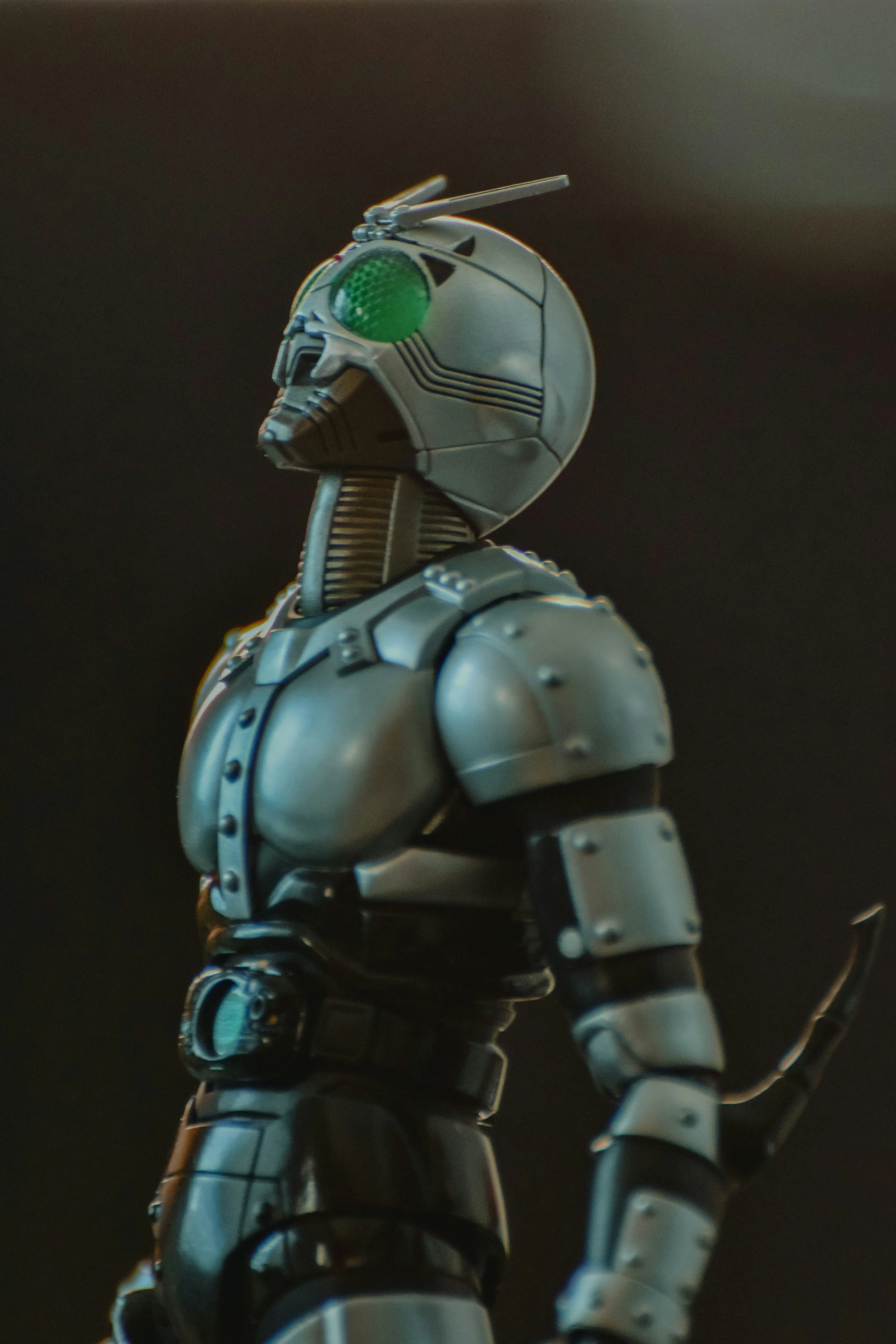Cyborg Beetles Could Transform Disaster Rescue Missions

In a blend of biology and technology, researchers at the University of Queensland have unveiled a game-changing innovation: beetles equipped with microchip backpacks that could one day become frontline agents in urban search and rescue.
Dubbed ‘cyborg beetles’, these modified insects are part of a bold new approach to locating survivors trapped in the rubble of disasters like earthquakes, building collapses, or mine accidents. Their natural ability to squeeze through tight spaces is now combined with directional sensors, wireless control, and environmental monitors that allow responders to steer them remotely.
“These beetles are small, agile, and expend very little energy,” said project lead Dr. Narayanaswamy Balakrishnan, “and now, they can carry tiny tech payloads to places humans or robots simply can’t reach.”
The team’s design uses lightweight electronic modules attached to the beetles’ thoraxes. The setup includes tiny cameras, gas detectors, and motion-control systems. With this hardware, rescuers could detect heat signatures, sounds, or gas leaks in real time, all while navigating through debris that would block traditional robots.
Unlike drones or ground robots, the beetles don’t require large batteries or advanced obstacle avoidance. Their biological mobility and low-tech simplicity make them an attractive, scalable option for disaster scenarios where every second counts.
The project also opens broader conversations about the ethics of using living organisms for technological purposes. But researchers emphasize that the beetles are not harmed, and that this kind of partnership could save human lives.
While the tech is still in the experimental stage, field trials are underway, and the team is working with emergency response agencies to explore practical deployment.
If successful, these humble insects could one day redefine how we search for life in the aftermath of catastrophe, providing critical information in the precious minutes after disaster strikes.
From pest to life-saving partner, the beetle may be on the brink of a high-tech transformation.